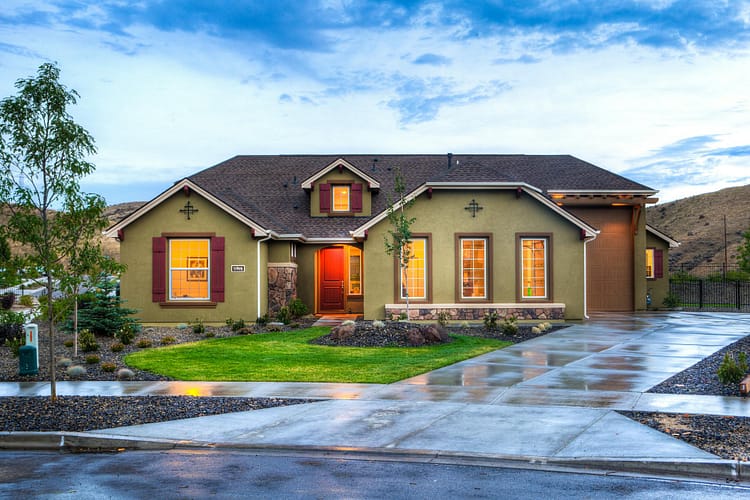Flipping homes sounds like the dream, right? Buy a rundown property, fix it up, sell it for a tidy profit. Easy money! Well, not quite. If you’re a real estate professional thinking about jumping into the house-flipping game, there’s a lot more to it than you might expect. And while the rewards can be big, the risks are real, too. Let’s talk through the key things you need to consider before diving in.
Table of Contents
Know Your Market Like the Back of Your Hand
The first rule of house flipping is that you can’t just buy any old property and hope for the best. You need to really know your market. Not just the city or region but the specific neighborhood. Is the area up-and-coming or already at its peak? Are homes selling quickly, or are they sitting on the market for months?
The thing is, emerging neighborhoods are really goldmines. These are the areas where prices are still low but are on their way up. Think about an area where a new school, shopping center, or infrastructure is coming up. Such developments would only mean that home values could soon skyrocket. But that again begs the question of timing: buy too soon, and you may be in for a long wait to see that payoff; buy too late, and the price might already be too high for flipping.
Oh, and don’t forget your target buyer. Who is going to live in this home? Young professionals? Families? Empty nesters? Each group has its own set of must-haves, so keep that in mind when picking a property.
Via Pixabay
Budget Like a Pro-Seriously
You need to budget for everything: the purchase price, renovations, permits, holding costs, and surprise expenses. Pro tip: whatever your renovation budget is, add another 10-15% on top of it. Trust me, there’s always something that pops up. And let’s not forget the holding costs like property taxes and utilities while you’re doing the work.
Also, don’t get the wrong type of financing for your project. Know whether you’re using traditional mortgage money, hard money, or private investors; know the terms inside out. The wrong type of financing can eat up your profits faster than you think.
Invest in Smart Renovations
Not all renovations are created equal, and it’s easy to get carried away with fancy upgrades that seem great in theory but don’t actually add value. The trick is trying to figure out which updates are going to get you the most bang for your buck. Kitchens and bathrooms are always a good bet-they sell homes. You don’t have to go top-of-the-line, but clean, modern, and functional is the goal. Think granite counters, stainless appliances, and fresh neutral-colored paint.
Timing Is Everything (No, Really)
Let’s talk about timing. The faster you can flip a house, the better your profit margin will be. But here’s the catch—while speed is important, rushing through the renovation can lead to big mistakes, and mistakes are expensive. You’ve got to find that sweet spot between efficiency and quality.
Now, think about when you’re planning to sell. There’s a reason real estate agents love spring and summer—buyers are out in full force. If you can time your flip to hit the market during these hot months, you’re already ahead of the game.
Marketing Matters—A Lot
You’ve done all this work to flip the house, but now you need to sell it. And here’s where marketing makes all the difference. Yes, listing it on the MLS is essential, but don’t stop there. You need to get creative. Virtual tours, social media, maybe even targeted ads—this is where you can pull in a broader audience. This is why marketing for real estate agents is so important, especially when you’re trying to appeal to the right buyer for your flipped property.
Think of your marketing strategy like a story. What’s the narrative of the home? Is it newly modernized in an up-and-coming neighborhood? A cozy family space in the suburbs? Make sure your marketing reflects the best parts of the property and who it’s for.
Know When to Walk Away
Here’s the truth—sometimes the best decision is not to flip at all. Not every fixer-upper is a goldmine, and if the numbers don’t add up, it’s okay to pass on the deal. If a property needs too much work or the market is just too unpredictable, walking away might save you from a bad investment. House flipping is exciting, but it’s not worth taking unnecessary risks.
Wrapping It Up: How to Make the Numbers Work for You
Flipping houses can be super lucrative, but it is by no means effortless. You really need to know your market and stick to a budget, get smart with renovations, and sell at just the right time. All being said, it is about being able to juggle fine details against the big picture.

